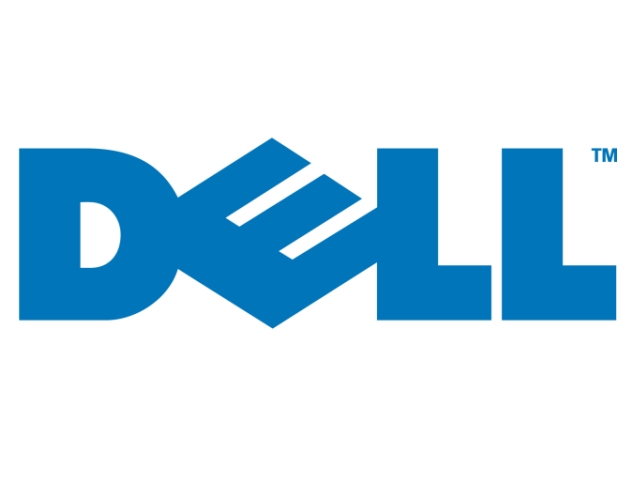Dell announced plans Tuesday to go private in a deal that is worth $24.4 billion.
n a partnership involving private equity firm Silver Lake Partners, Microsoft (MSFT,Fortune 500) and company founder Michael Dell, the group hopes to buy the computer maker for $13.65 a share. That’s slightly higher than where the stock closed Monday but is 25% higher than where Dell was trading before rumors of the buyout began to surface in mid-January.
If successful, the Dell deal would be one of the largest leveraged buyouts in history. Shareholders have to approve the deal before it becomes official.
The once mighty Dell has struggled to compete in an ailing and increasingly competitive PC market. Dell (DELL, Fortune 500) lost a third of its market value in 2012 and failed to keep up with rivals like Apple (AAPL, Fortune 500) and Samsung, both of which have done a much better job adapting to the “post-PC” landscape with tablets and smartphones.
Related story: Fortune’s Dan Primack on the Dell deal
Dell has been trying to reduce its reliance on the PC market and shift to hot businesses like cloud computing, storage and corporate software. About half of Dell’s sales come directly from PCs, and another 20% comes from PC peripherals like monitors, keyboards, printers, computer software and services.
But the problem for Dell is that all of its competition is trying to do the same thing.
“It seems to me that the toughest issue for HP (HPQ, Fortune 500), Intel (INTC,Fortune 500), Microsoft and Dell is that they are so reliant on the desktop,” said Dan Morgan, a portfolio manager with Synovus. “I think all these companies have been struggling to duplicate the success that IBM (IBM, Fortune 500) has had in regards to focusing away from the desktop.”
Related story: Can private equity solve Dell’s dilemma?
Dell hopes that by going private, it can more nimbly restructure and adjust its business — without having to answer to shareholders. Going private can take a the company out of the quarter-to-quarter grind of meeting Wall Street’s expectations. But it also means Dell will have less access to funds to make large acquisitions that could help transform the company.
“I believe this transaction will open an exciting new chapter for Dell, our customers and team members,” Michael Dell said in a statement. “We can deliver immediate value to stockholders, while we continue the execution of our long-term strategy and focus on delivering best-in-class solutions to our customers as a private enterprise.”
Despite the advantage of being a private company, it will still be a difficult road ahead for Dell, analysts say.
“While going private makes sense in taking the company out of the limelight and public scrutiny, we are not sure it improves the company’s fundamental position,” said Shaw Wu, analyst at Sterne Agee. He noted that the company still faces tough competition from the likes of Apple, HP, Samsung, Lenovo and others.
Once the transaction is approved, CEO Michael Dell will convert his 14% stake into private shares.
Though most analysts thought the deal would be good for Dell, not all industry experts were in favor Microsoft joining the fray. Microsoft is loaning $2 billion to Dell to help finance the deal.
“The point of going private is so you can serve your own long-term goals without having to worry about short-term performance,” said Carl Howe, analyst at Yankee Group’. “Having an outside investor — Microsoft — muddies those waters. I think Dell would have a more certain future going it alone.” ![]()
courtesy: http://money.cnn.com/2013/02/05/technology/enterprise/dell-lbo/index.html

